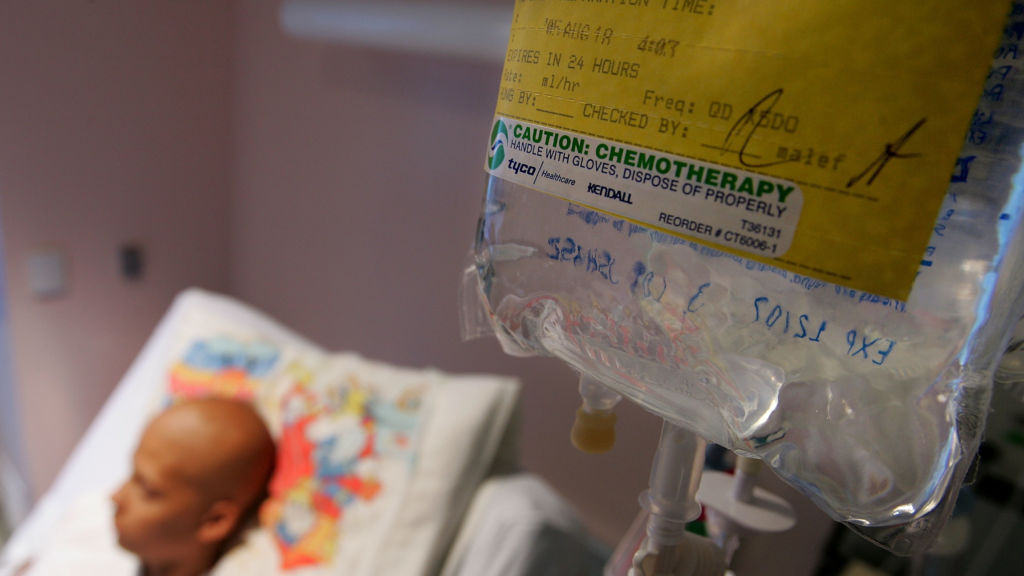WASHINGTON — At the start of this week, Republicans and Democrats struck a deal on a sizable package of health care policies, from reining in drug-industry middlemen to boosting pay for doctors.
The package was supposed to hitch a ride on a year-end government funding bill that needs to be passed today to avoid a government shutdown. Instead, President-elect Trump and close adviser Elon Musk, the world’s richest person, killed the three-month government funding bill, taking the health policies with it.
advertisement
When House Republicans returned with a pared-down proposal, the health package included only extensions for basic public health programs. Gone were a long list of health policies, including doctor pay raises and reforms to pharmacy benefit managers.
But that isn’t what’s drawn the most ire from Democrats. Lawmakers and other officials focused their attacks instead on the exclusion of provisions to help kids with cancer, a part of the initial deal that had received less attention. Republicans cannot pass the government funding extension without some support from Democrats, who still control the Senate and the White House.
Sen. Chris Murphy (D-Conn.) chided Republicans for their proposal to “cut cancer treatments for kids and grease a new tax cut for the rich.”
advertisement
White House spokesman Andrew Bates said in a post on the social media platform X that Republicans threw out “historic investments to fight pediatric cancer, including new requirements on Pharma — the Give Kids a Chance Act. Why? Because the richest man in the world had a whim.”
Sen. Elizabeth Warren (D-Mass.) and Rep. Alexandria Ocasio-Cortez (D-N.Y.) also targeted Musk for the loss of the pediatric cancer measures.
“We now know what it looks like when Elon Musk calls for ‘government efficiency.’ For starters? Cuts to funding for child cancer research. I wish I were making that up,” Warren said.
It’s not clear why Republicans dropped the health care package. The cost of the package was offset, according to a congressional cost estimate reviewed by STAT. So it wasn’t the cost itself that led to it being stripped.
Instead, Republicans seem to want to avoid adding new programs on to a bill that extends current year funding for existing programs. On the other hand, Trump pushed for a debt ceiling increase, which would not fit the definition of a “clean continuing resolution.” For House Republican leadership, the principle of keeping stopgap government funding legislation simple now might trump accomplishing policies that both parties agree to and that come with no additional cost.
Republican strategist Doug Heye said there probably isn’t enough time to save the health care package. Heye worked for former Rep. Eric Cantor (R-Va.), who championed some of the pediatric cancer research measures.
“A bill that can pass is often seen as more important than what’s in it,” Heye said.
The following are the five pediatric cancer measures that Republicans excluded in the new continuing resolution bill:
- A program that rewards researchers for approvals of pediatric cancer drugs with valuable vouchers that require faster Food and Drug Administration reviews of another drug application of any kind. The priority review voucher program was to be extended until 2029.
- A program that would allow kids with cancer who are covered by Medicaid and the Children’s health insurance program known as CHIP to receive out-of-state treatment.
- New authority for the FDA to fine companies when they don’t complete required pediatric studies. The FDA already has this authority for adult studies.
- New FDA authority to require that companies study pediatric drugs in combination with other treatments for the same disease when those treatments are owned by the same company or are available as generics.
- Funding for pediatric cancer research at the National Institutes of Health.

